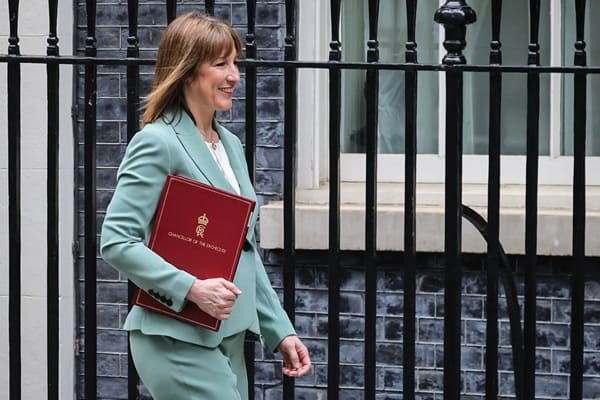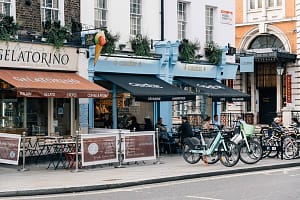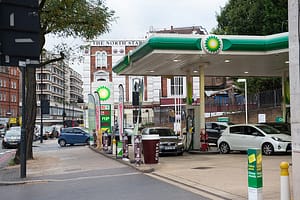Inflation soared more than expected in July as demand for summer travel saw air fares climb by 30.2% between June and July, this is the largest rise since data collection started in 2001.
The average price of petrol rose by 2p per litre and diesel by 2.9p per litre between June and July.
Restaurant and hotel prices rose last month due to a rise in overnight stays which were booked the night before.
Annualised inflation came in at 3.8% in July, up from the 3.6% reported in June, it was forecast to come in at 3.7%.
Core Inflation came in at 3.8% in the 12 months to July, up from the 3.7% in June and higher than forecast.
The Chancellor has admitted that there is “more to do to ease the cost of living.”
Rachel from accounts said, “We have taken the decisions needed to stabilise the public finances, and we’re a long way from the double-digit inflation we saw under the previous government, but there’s more to do to ease the cost of living.
“That’s why we’ve raised the minimum wage, extended the £3 bus fare cap, expanded free school meals to over half a million more children and are rolling out free breakfast clubs for every child in the country.”
Grant Fitzner, the ONS’s chief economist, said, “The main driver was a hefty increase in air fares, the largest July rise since collection of air fares changed from quarterly to monthly in 2001.
“This increase was likely due to the timing of this year’s school holidays.
“The price of petrol and diesel also increased this month, compared with a drop this time last year.
“Food price inflation continues to climb – with items such as coffee, fresh orange juice, meat and chocolate seeing the biggest rises.”
Kris Hamer, director of insight for trade body the British Retail Consortium, said: “Households are once again seeing the cost of their weekly shop climb, with food inflation now up by 1.9 percentage points in just four months.
“This surge has been a key driver behind headline inflation, alongside a rise in transport costs, piling fresh pressure on families already being forced to cut back.
“The Bank of England has been clear that Government policies, which have driven up the costs of employment, are fuelling price rises at the till, while poor harvests and global instability have also added further cost pressures.”
Nicholas Hyett, Investment Manager, Wealth Club said, “Rising air fares and higher restaurant and hotels costs are making 2025 an eye wateringly expensive summer. Air fares in particular rose 30.2% month-on-month, the biggest single month rise since records began. True some of that is down to timing, but airlines have been talking about a capacity crunch for a while now, and higher costs are the inevitable outcome.
More concerning from a social and economic perspective is the continued rise in food prices, up 4.5% year-on-year and the fourth consecutive increase in the annual rate. Coming on top of the run-away food price inflation seen in 2022 and 2023 that will be very painful for consumers. Rising food and beverage prices together with rising housing costs will be decimating disposable incomes.
All this leaves the policymakers with a bit of a conundrum. The most recent interest rate cut was made despite the expectation that inflation would hit 4% in September – which now looks increasingly likely. But with the labour market slowing, the risk of stagflation is very real. If the UK is heading towards the economic “worst of all worlds”, it’s not clear what the central bank or the government should do about it.”






Leave a Comment